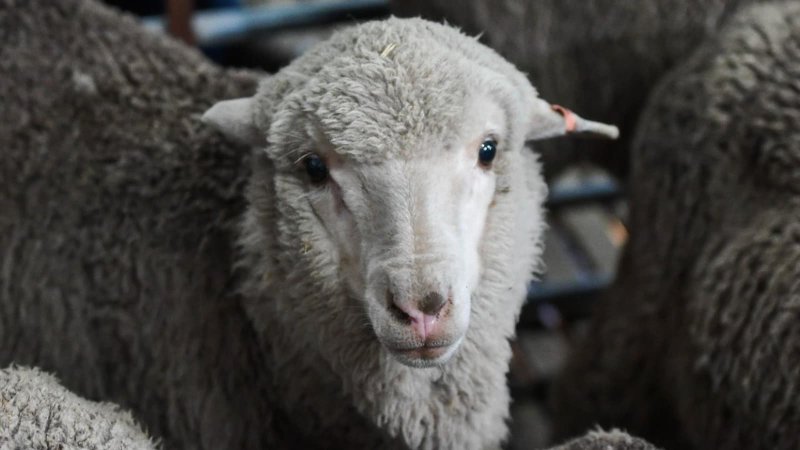Semen frozen back in 1968 has been used to impregnate dozens of Merino ewes, resulting in healthy lambs. The Australian scientists who made it happen say it’s the oldest sperm ever used to produce offspring.
A research team led by Simon de Graaf from the Sydney Institute of Agriculture and School of Life and Environmental Sciences impregnated 34 Merino ewes with the thawed out 50-year-old ram sperm, according to a University of Sydney press release.
…
This latest experiment suggests sperm can remain frozen for at least 50 years to no discernible ill effect. The news bodes well for not just veterinary scientists, but also individuals at risk of losing their fertility, such as males undergoing chemotherapy for cancer. As de Graaf told Inverse, “What is true for the sheep is also true for humans.”
This news is also important for geneticists seeking to understand how artificial selection has altered the DNA of livestock. In this case, the newly produced lambs displayed body wrinkles characteristic of Merinos at the middle of the 20th century—a feature originally bred into the species to maximize skin surface area and, as a result, increase wool yields.
Read full, original post: Semen Frozen 50 Years Ago Just Produced Dozens of Healthy Lambs































